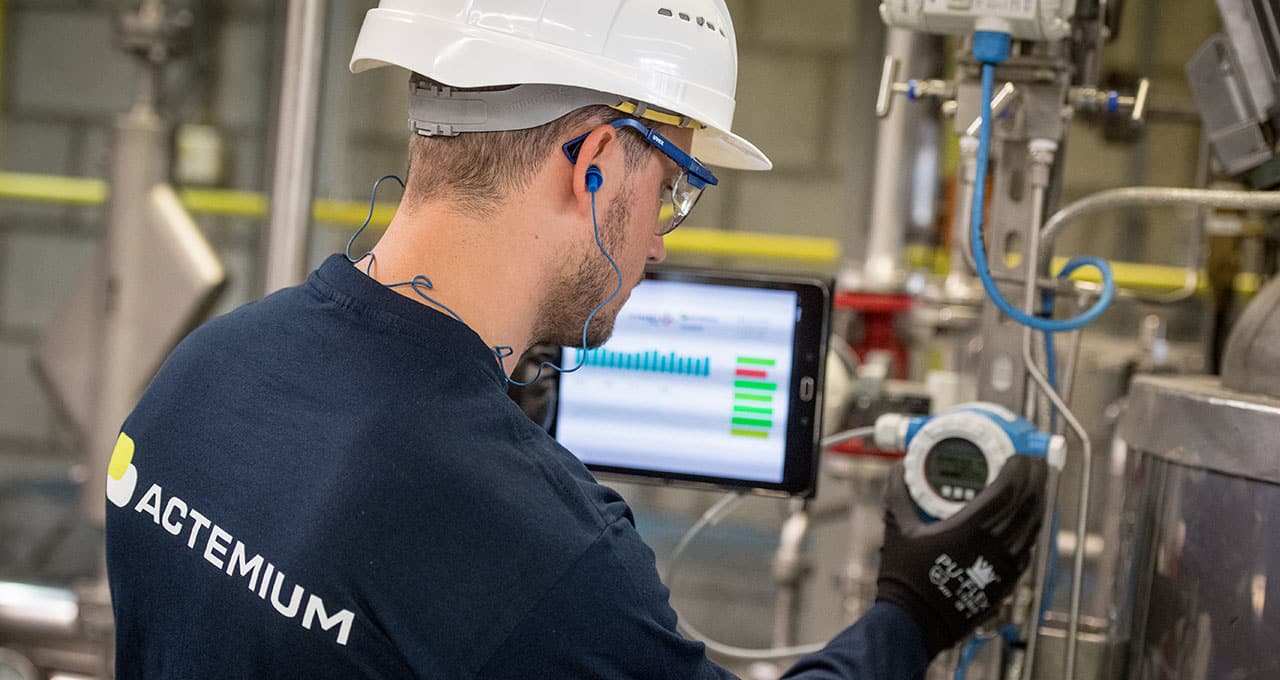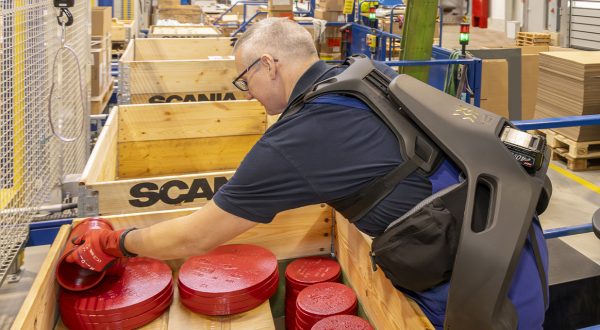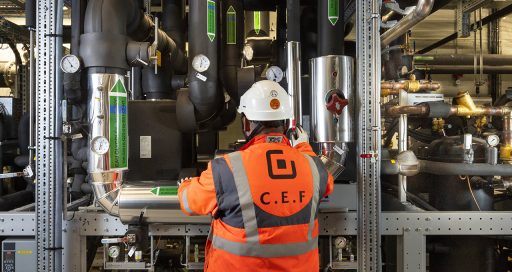Quick Scan Energy is an audit tool developed by Actemium that identifies energy-saving measures on industrial sites to help reduce energy spend.

More than one third (36 %) of fuel consumption in French industry, or 109.5 TWh, goes up in smoke each year. These figures, published in a study carried out by Ademe (the French Agency for the Environment and Energy Management), highlight the potential offered by waste heat recovery in industry. Residual heat, generated by a process and not put into use, is central to the Quick Scan Energy solution made available in 2016 by Actemium, the VINCI Energies brand specialising in industrial performance.
“Quick Scan Energy is an energy audit, conducted over a short period of time – generally a day – that identifies energy-saving measures on an industrial site to reduce energy spend,” explains Alexia Tassin, Industry 4.0 Engineer at Actemium.
The audit is also a way to provide manufacturers with information about the various subsidies and grants connected to any measures that are adopted, including energy efficiency certificates (“Certificat d’économie d’énergie”), the heat fund (“Fonds Chaleur”), and the “PRO-SMEn” grant for SMEs.
“We help clients detect sources of energy savings by quantifying waste heat at an industrial site”
The projects initiated following a Quick Scan Energy audit are essentially thermal and electricity-related. “These savings solutions can involve recovering heat from the fumes of industrial furnaces or from a boiler to heat domestic water, for example,” says Tassin. “Electronic variable speed drives can also be installed to reduce the electricity consumption of pumps that wouldn’t be in continuous operation the whole year round,” she adds.
A tool that works for all business sectors
The audit process is based on Actemium’s in-depth knowledge of industrial processes, built up over many years across all business sectors.
Quick Scan Energy has already been used by manufacturers from a variety of industries including food processing, chemicals, metal, steel, automotive, and cosmetics. “We have enough experience to detect sources of energy savings by quantifying waste heat at an industrial site,” says Tassin.
Furthermore, Quick Scan Energy is proving to be a valuable tool for identifying opportunities to enter into energy performance contracts (EPC) with clients. “As well as benefitting from grants allocated as part of the energy efficiency certificate scheme when introducing energy efficiency measures, EPCs strengthen the relationship of trust between the client and Actemium, which guarantees that a certain amount of primary energy savings will be achieved over a given period,” adds the Actemium engineer.
10/06/2020





